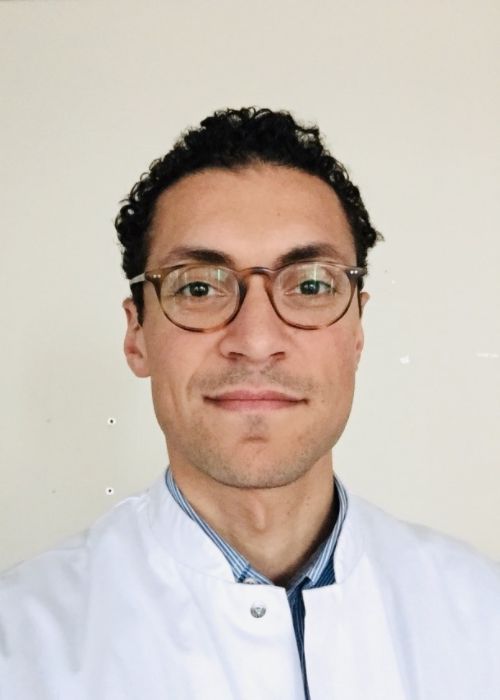Cell regulator on the rampage
Every human cell produces serum response factor (SRF), a protein that enables transcription of genes required for cell movement and survival.
One type of colorectal cancer (CMS4) shows signs of strong SRF activation, prompting Dr. Daniël Lionarons to speculate that cancer cells hijack SRF to help them survive cancer treatment. To find out, Cancer Center Amsterdam Foundation is supporting the research project titled: ‘The role of serum response factor (SRF) as a driver of chemoresistance in colorectal cancer’.
To identify precisely which cell types within the tumor microenvironment exhibit SRF activation, Dr. Lionarons and his team use single cell RNA sequencing and immunofluorescence. “We can then develop appropriate colorectal cancer models to determine if SRF drives resistance to chemotherapy,” says Dr. Daniël Lionarons.
Re-taking control
SRF inhibitors have recently been developed for other diseases. “We will apply these SRF inhibitors to cancer models to determine if combined treatment with chemotherapy can counteract therapy resistance,” Dr. Lionarons says. “Ultimately, these SRF inhibitors may have potential to improve treatment for patients with advanced colorectal cancer.”
 Dr. Daniël Lionarons, lead principal investigator
Dr. Daniël Lionarons, lead principal investigator
For more information contact Dr. Daniël Lionarons by email (daniel.lionarons@gmail.com), or read more here
People involved at Cancer Center Amsterdam – Amsterdam UMC:
Dr. Daniël Lionarons
Prof. Louis Vermeulen
Text by Lynita Howie

